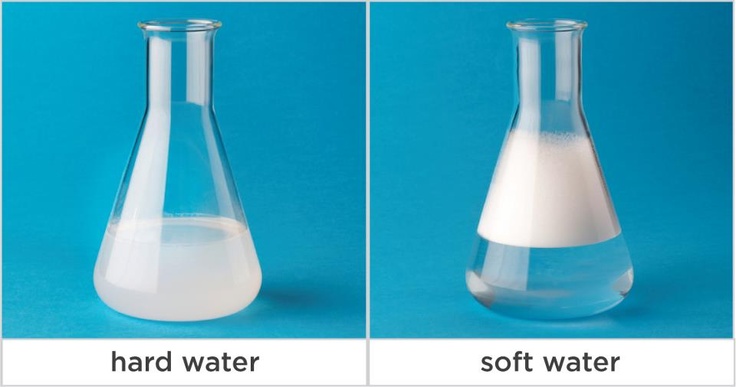How Hard Water Could be Negatively Impacting Your Life and Windows!
Water is essential for drinking, washing, and bathing. That is obvious! However, what is less obvious is the side effects of hard water. Have you ever enjoyed a nice long shower but still felt dirty?…

